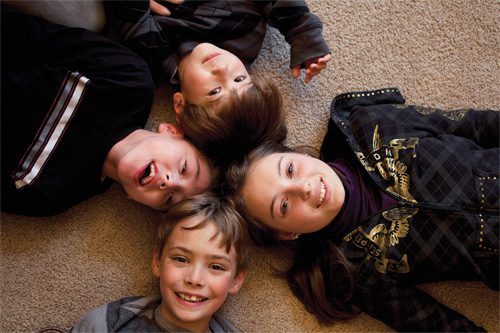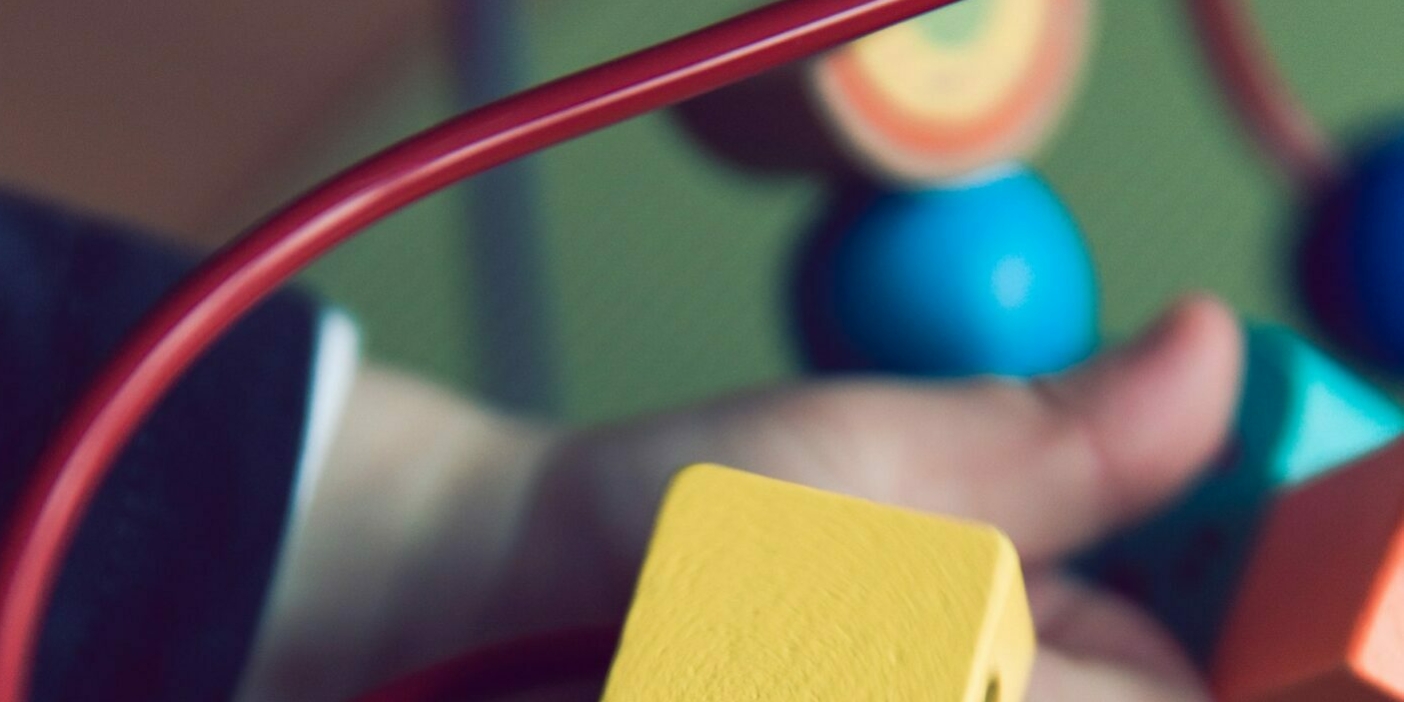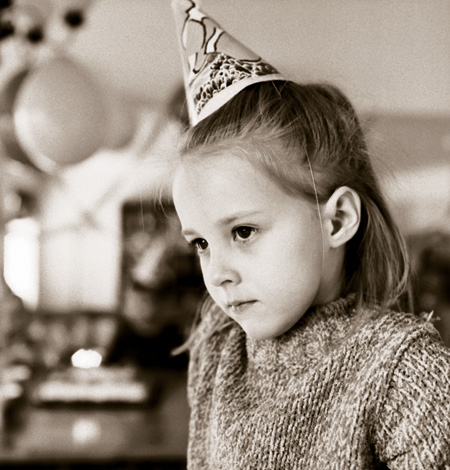By M. Sue Bergin, ’79
The challenge of raising a child with special needs can vary greatly depending on the severity of the child’s disability. According to an interdisciplinary team of BYU researchers, the most important coping strategy is enlisting support—from extended family, the community, and church. Parents may have to ask for help assertively and repeatedly. Networking with other families in similar situations can also help.
A second important coping strategy is developing good communication within the family, with the help of counseling or workshops as needed. “We’ve found that families do better with adaptation if there aren’t negative communication patterns, such as not listening to each other, criticizing, and yelling,” says Susanne Frost Olsen, an associate professor in the School of Family Life. “A measure called incendiary communication assesses this. We found that if people scored higher on that measure, they tended to adapt less well.” Parents also need to talk to their other children about the needs of the child with a disability—not just once but in an ongoing dialogue.
Third, parents should cultivate their faith. “If families incorporate their religious beliefs into the meaning of this experience, we’ve found it to be very therapeutic,” says Elaine S. Marshall, dean of the College of Nursing.
Fourth, parents need to pay attention to the needs of all family members. “Generally, siblings of a child with special needs feel responsible in care giving. They need a release from that sense of responsibility just as much as parents need a night out,” says Marshall.
Fifth, children’s literature can help parents teach their children about special needs and open up communication. “There are many good picture books from sibling perspectives about a kid with special needs and how a sibling copes. They can be really effective if used well,” says Tina T. Dyches, assistant professor of special education.









